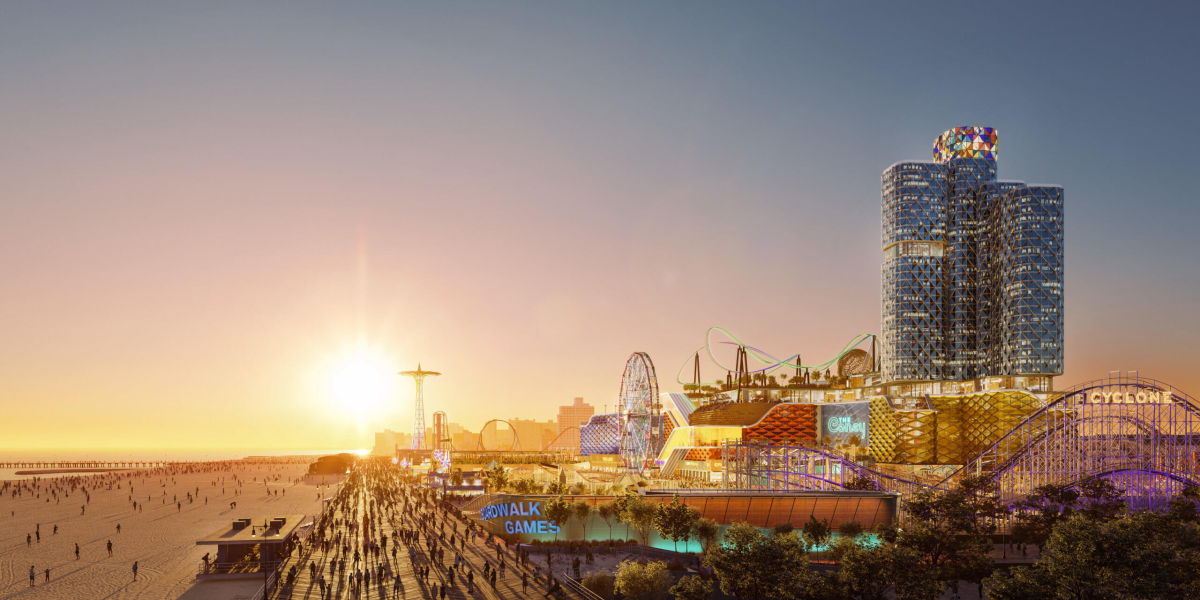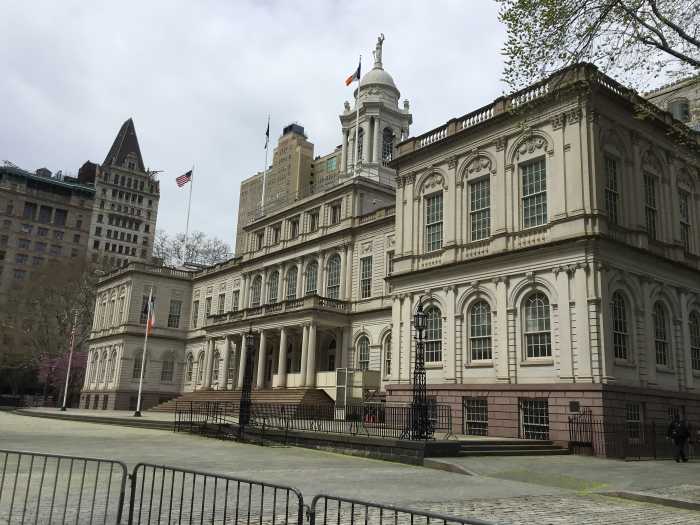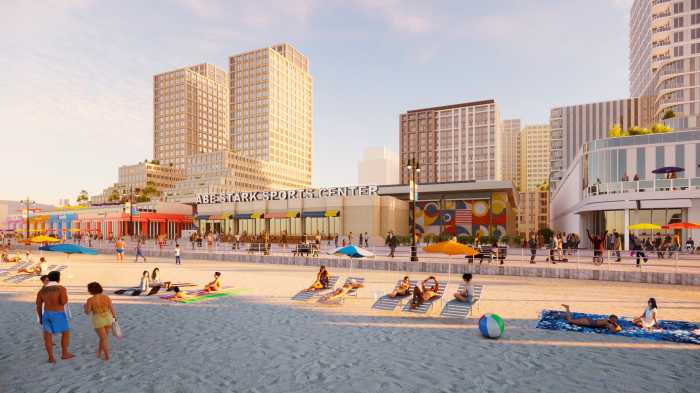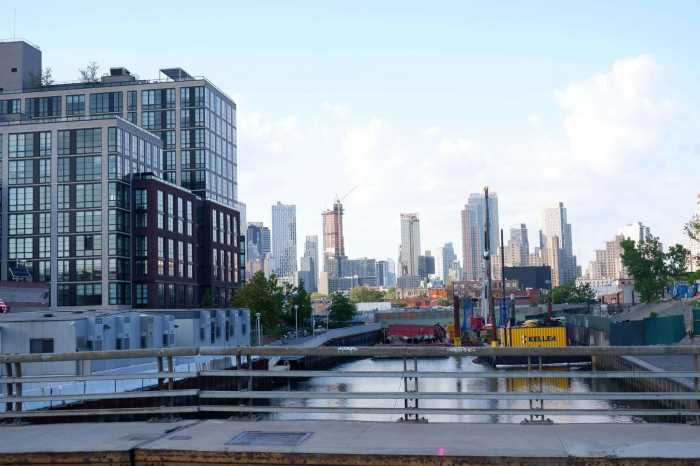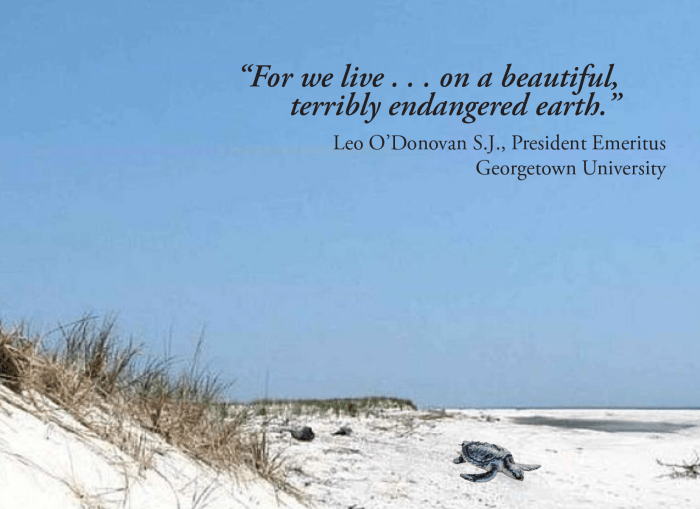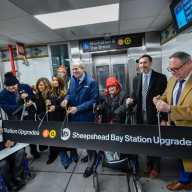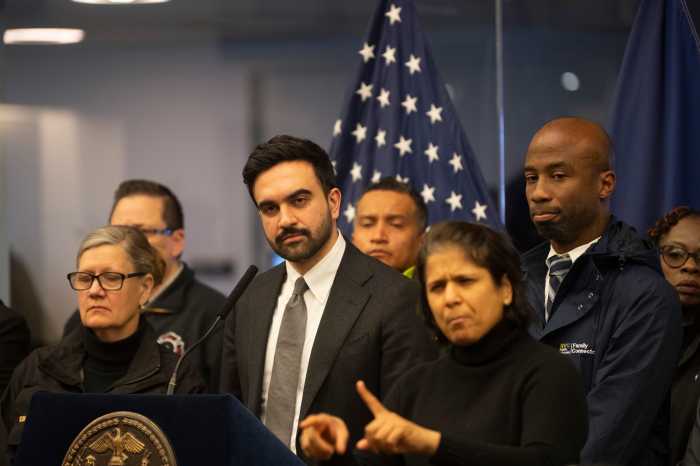Brawls broke out in the packed Coney Island YMCA on Wednesday night at the second and final public meeting of The Coney’s Community Advisory Committee.
Just over 100 people testified at the four-hour hearing, and dozens more were left waiting outside, unable to enter after the room reached capacity. The majority of speakers — about 85 — voiced their opposition to the proposed casino, with roughly 25 in favor.
For months, locals have sparred with developers, elected officials, and each other over the fate of the project. The first CAC hearing on Aug. 26 was heated, and tensions boiled over at the Sept. 10 hearing as Coney Islanders made their final arguments to the six-member CAC, which must vote on whether or not to advance The Coney’s casino license application by Sept. 30.
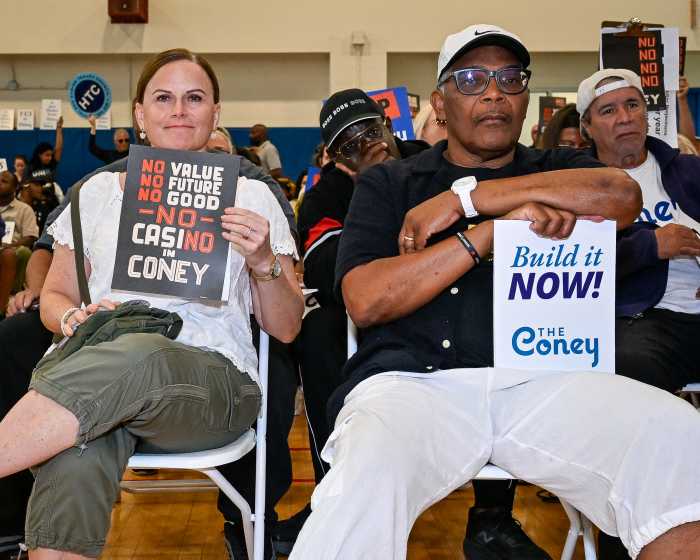
Speakers on both sides struggled to make themselves heard over the roar of the crowd, and police officers at least twice had to break up skirmishes and remove meeting attendees.
“This should have ended for you the moment that violence erupted,” one speaker told the casino team. “Because that’s what you’re bringing. You’re bringing anger, you’re bringing people who are so thirsty for jobs they’re getting violent with people.”
The Coney’s proposal
The Coney, backed by a team of developers headed by Thor Equities, would stretch across 1.6 million square feet and include a casino, convention center, hotel, restaurants, and retail space.
Developers have said that if approved, The Coney would create a $200 million community trust, and reserve a number of new jobs for Coney Island residents. Last week, developers announced that locals would be able to purchase ownership shares of the casino and, just ahead of Wednesday’s meeting, said it would pony up $10 million toward building a ferry station in Coney Island.

In June, the City Council approved a rezoning that would allow The Coney, if it receives a license, to build larger, taller buildings as part of the project. Local Community Board 13 had previously voted overwhelmingly against the rezoning.
The CAC’s job is to assess public support of the project and decide whether or not to advance the project’s license application to the state’s full Gaming Facility Location Board. Two-thirds of the committee must vote yes in order for the application to move forward.
Locals split on proposed jobs, economic investment
While developers say The Coney would bring thousands of jobs and year-round economic opportunity to The People’s Playground, opponents fear it would drive out small businesses and make the nabe unlivable for locals.
“The only thing casino will bring to Coney Island is increased congestion, huge traffic, more crime, especially muggings against seniors, tons of mental issues, tons of bankruptcies,” said former Council Member Ari Kagan. “And don’t tell me about jobs. You can go to Atlantic City and see how many jobs were created in Atlantic City.”
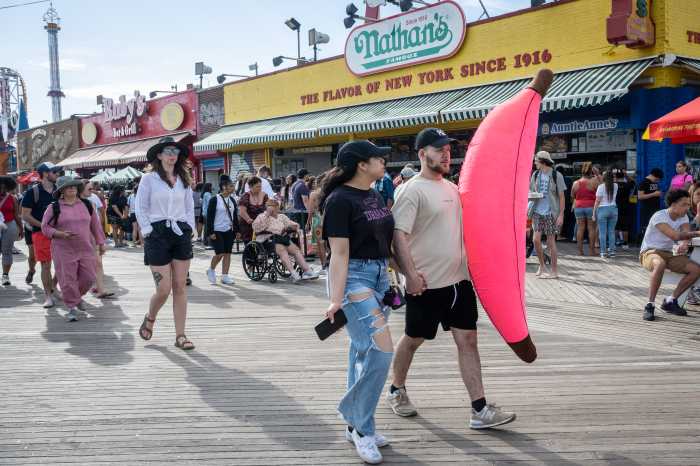
Many were skeptical about the number of jobs the casino would create for Coney Island residents. Developers say The Coney would bring 4,500 construction jobs and 4,000 permanent jobs, 2,300 of which would be full-time.
But while developers have said 25% of permanent jobs would go to Coney Islanders, its casino license application says just 9% of employees would come from Coney Island and Gravesend.
“The jobs won’t save you,” said longtime resident and artist Sheila Maldonado. “We already know that those jobs are not the real number that they’re saying … I don’t understand what value it brings except for to line the pockets of billionaires, to serve as a tax shelter, to house money for the very few people who get it, and the rest will be hoodwinked and bamboozled and misled.”
But others said the jobs are desperately needed. Sean Campbell, an executive delegate from the NYC District Council of Carpenters, said Coney Island has faced “decades of disinvestment, high unemployment, and limited opportunities.”
Construction workers in the area have long been “taken advantage of” by predatory contractors who prioritized profits over paying employees, he said.
“Construction workers at The Coney would be compensated with fair wages, benefits, protection, and most importantly, dignity, something all workers deserve,” Campbell said.
Dick Zigun, the “unelected mayor” of Coney Island, said he has lived and worked on the peninsula for nearly 50 years. Zigun founded the arts organization Coney Island USA and the iconic Mermaid Parade, but departed from the org — which is staunchly anti-casino — in 2022.
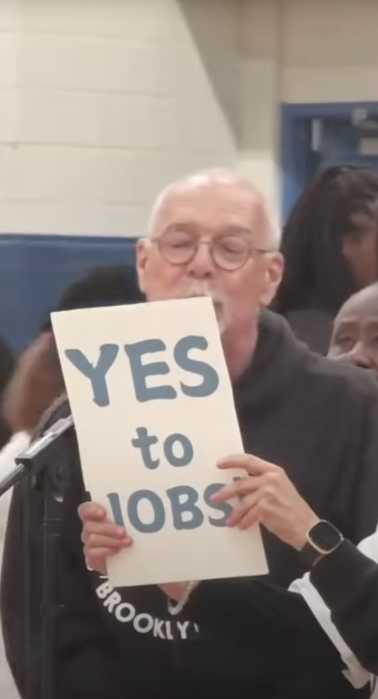
“I’m also a business person and a realist who has always supported new growth and new attractions,” Zigun said. “I want it all here. It was already all here once before. Both the West End and amusements have been treated badly by Robert Moses and by the city, but we should shop fighting.”
Zigun said the casino would boost the neighborhood by bringing more tourists to the area, and believes it would benefit locals, too, by bringing more conventions, entertainment, and jobs.
“I’m afraid, honestly afraid, about what happens if we don’t get this once-in-a-lifetime mega-investment,” he said.
Some speakers said The Coney had dabbled in a different kind of economic investment.
“$80. That is the amount of money the pro-casino side is being paid,” said Malik Hassanm executive director of MAS Brooklyn. “Don’t take my word for it. They have told me. I was outside, they have told me directly they are being paid $80.”

Patrick Wall, executive director of Coney Island USA, said the casino, with restaurants and entertainment inside, would give visitors no reason to exit and visit nearby small businesses and attractions.
“We know people are paid to say good things about this casino,” Wall said. “We know that ex-public officials are paid to say good things about this casino. We know that active politicians have had donations from this casino. When you’re paid to say good things about this, how good can this be for the community under those terms?”
Several locals criticized Joe Sitt, the founder of Thor Equities.
Sitt purchased dozens of acres of land in Coney Island in the 2000s, and, after a lengthy fight, sold 6.9 acres of that land to the city as part of the 2009 Coney Island rezoning. In exchange for the sale, then-mayor Mike Bloomberg agreed to rezone one of Sitt’s properties to make way for a large hotel.
But the hotel never materialized, and locals have long slammed Sitt for allowing his properties to sit undeveloped for years. On Sept. 9, news broke that Thor Equities may lose another of its Manhattan properties to foreclosure.
“Our exhibit center is surrounded by several Thor Equities properties filled with garbage, rats and illegal businesses,” said Charles Denson, executive director of the Coney Island History Project. “Only Joe Sitt, the foreclosure king, could come up with a casino scam that would make things worse.”
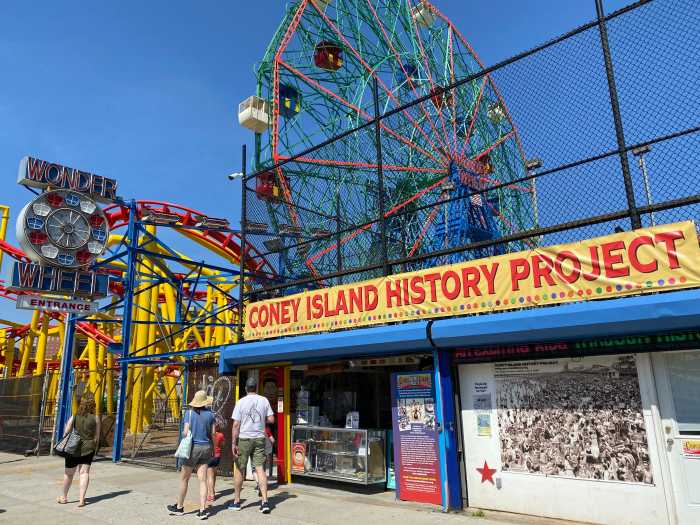
Christian Molieri, a Brighton Beach resident and member of Community Board 13 and the Coney Island Polar Bears, said the nabe is struggling — but doesn’t feel the casino is the solution.
“This proposal exploits every crack in our already vulnerable infrastructure,” he said. “Poverty, underfunded schools, overstretched health systems and a housing crisis pushing families to the edge.”
Sheila Smalls, president of the O’Dwyer Gardens tenant association, said the project is an opportunity to “restore what was lost over the years.”
“What I see in this vision of The Coney and the education that I received from the company is that they are going to give us back money to renovate our Coney Island,” she said. “Investments back into Coney Island to help us. Investing in this community means a brighter future for our children to uplift our community.”
The next steps
The hearing ended after four hours, as the YMCA prepared to close for the night. A number of people had signed up to speak but didn’t get the chance, said Council Member Justin Brannan, chair of the CAC, and were encouraged to submit their comments online.
The CAC must make their vote by Sept. 30. If four out of six committee members vote yes, The Coney’s application will be further reviewed by the Gaming Facility Location Board, which will make its final decisions by the end of the year.
A total of eight casinos including The Coney are vying for three gaming licenses. Two existing casinos — Empire City in Yonkers and Resorts World in Queens, which both offer limited options currently but would be able to add live table games if they received a license — are considered frontrunners.
“Following a productive CAC public meeting process, The Coney is excited to continue moving its proposal forward,” spokesperson Robert Busweiler said in a statement. “We have heard time and time again the need for jobs, economic development, workforce training, and community support … The Coney looks forward to continued engagement with the Coney Island community.”


